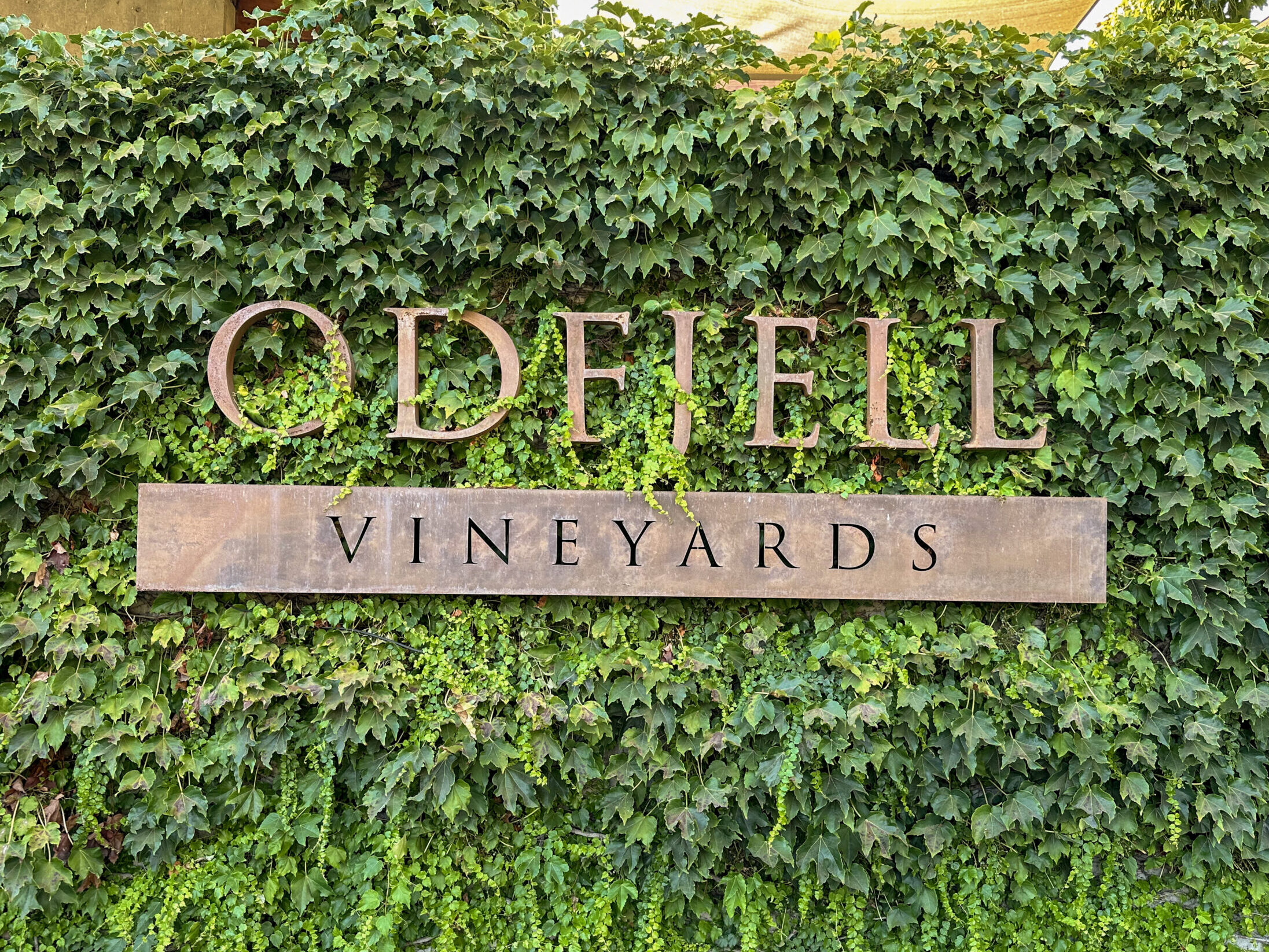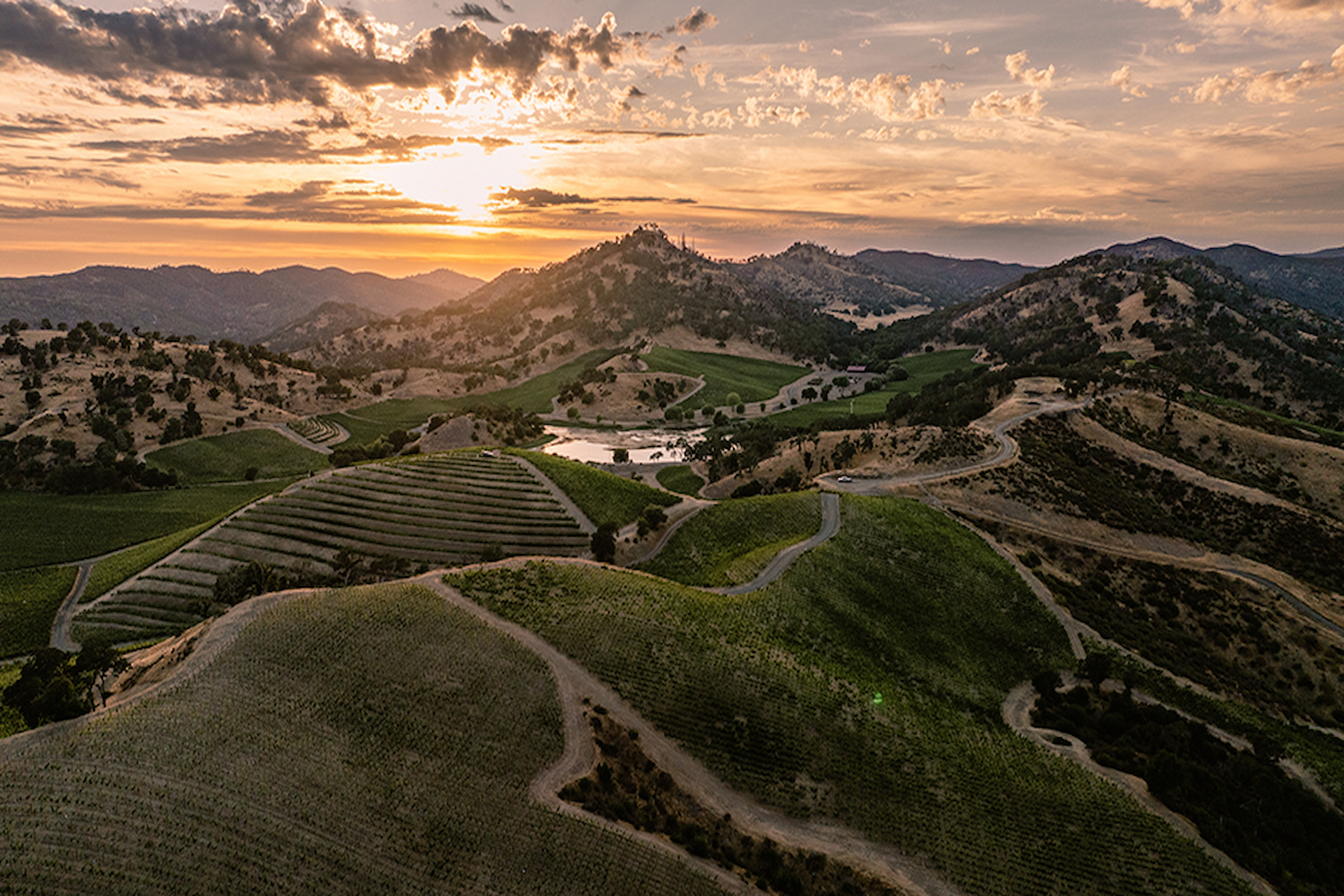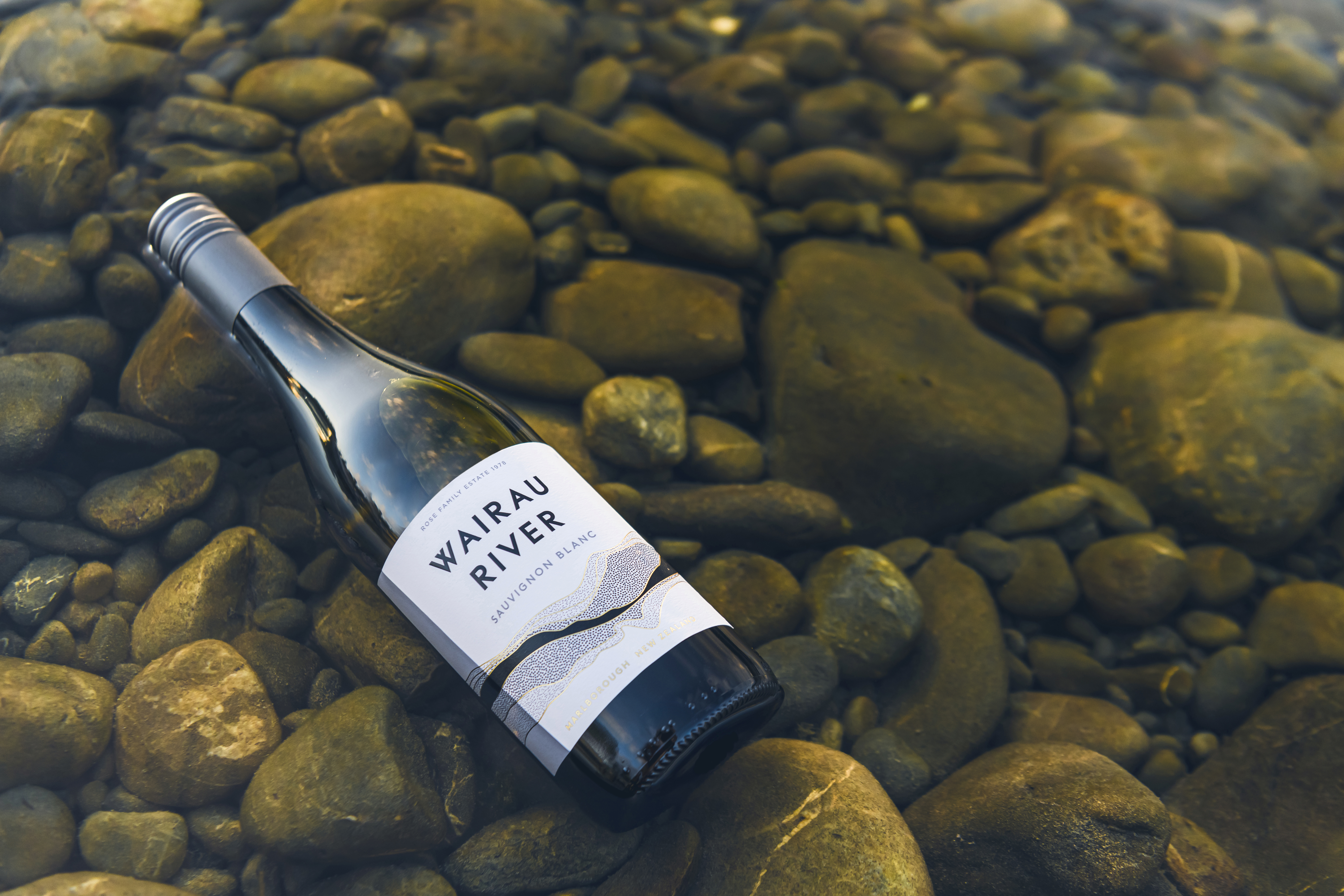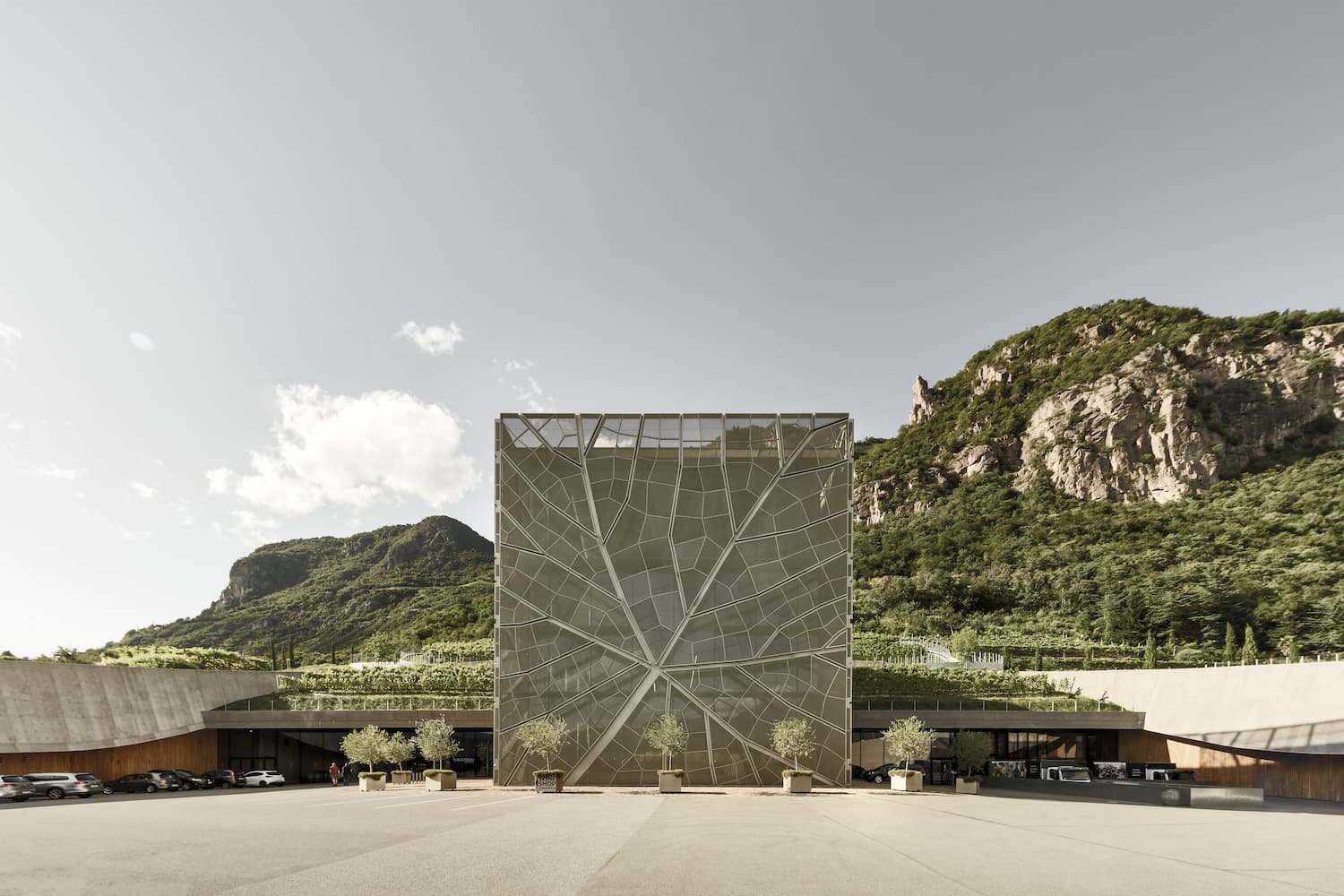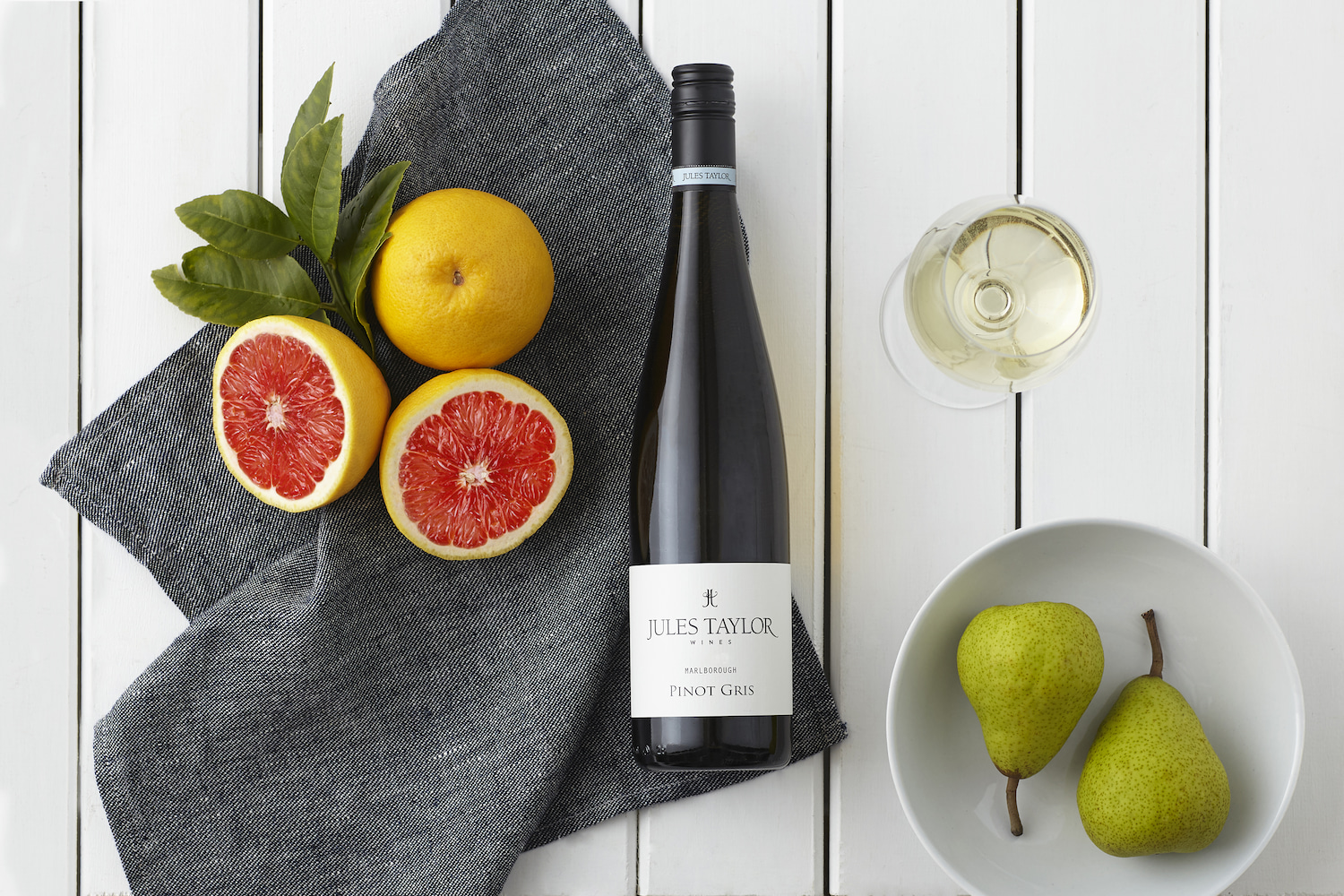NORTH STARS:
Certifications
Production & Consumption
Heritage Value
“Chileans don’t collaborate so easily. VIGNO proved that we could come together, wineries both big and small, to rescue the patrimony of Maule.”
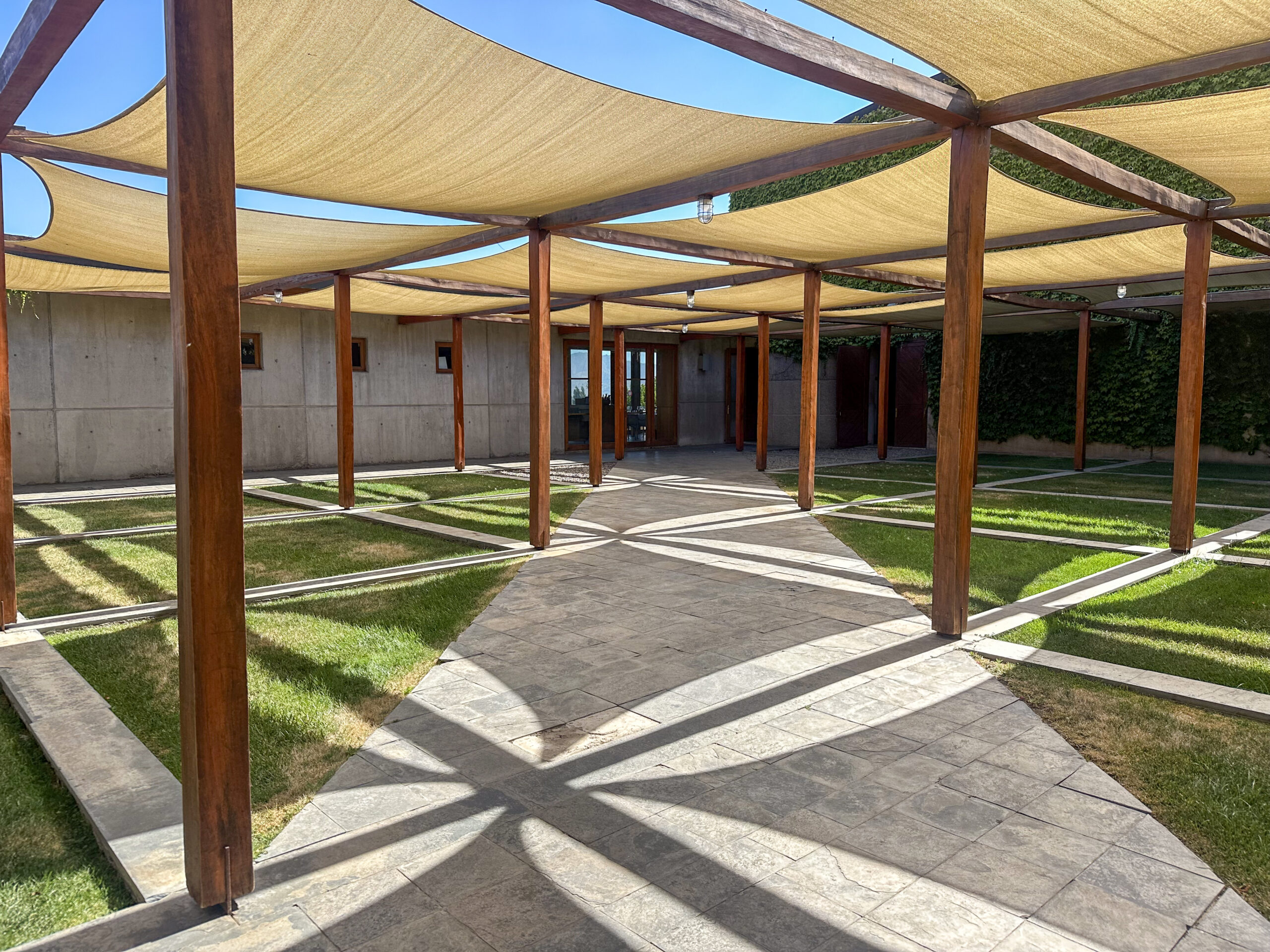
Couresty of Lauren Mowery.
The Azure Road Take
Chile has suffered from consumer misperception that its wines are either blockbuster blue chips or value-driven porch pounders. The reality lay somewhere in between. Though considered a New World region, the country has grown grapes since the Spanish conquistadors and missionaries sailed over with European vines in the 16th century. Consequently, Chile has a long winemaking history and boasts an incredible wealth of heritage vines. Today, thoughtful artisan producers working sustainably in vineyards and cellars are turning out profound wines that remain unfamiliar to many consumers. One reason is importers. Another is marketing. According to Odfjell winemaker Francisca Palacios, the creation of the organization VIGNO to promote Carignan represents a new way of thinking. “Chileans don’t collaborate so easily. VIGNO proved that we could come together, wineries both big and small, to rescue the patrimony of Maule.”
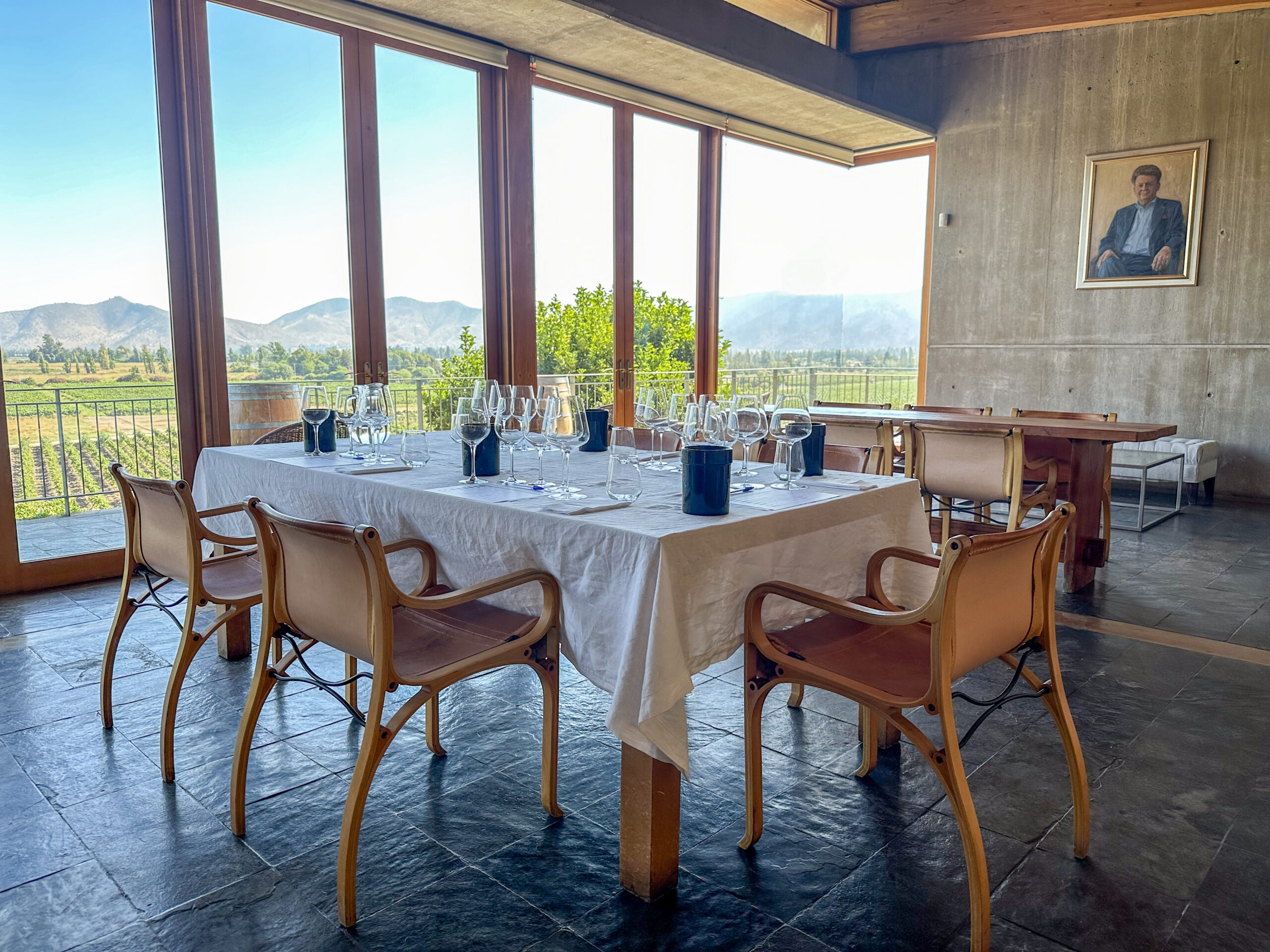
Courtesy of Lauren Mowery.
Sustainability Chops
One of the top boutique organic wineries in Chile, Odfjell Vineyards produces wines of elegance and balance from its vineyards in the Maipo, Lontué, and Maule valleys. Odfjell helped found the Chilean Organic Winegrowers and VIGNO associations. Its portfolio of certified organic, biodynamic, and sustainable wines includes outstanding old vine Carignan, a specialty of the winery. Cover crops and beehives lend biodiversity to the vineyards, while Norwegian fjord ponies help work the land. The winery, founded by Norwegian shipping magnate Dan Odfjell, reduces its energy use by a gravity-flow system designed by his architect son Laurence. Today, all vineyards are certified organic by Ecocert and have been certified biodynamic by Demeter since 2012. Wines are made with minimal intervention and fermented using native yeasts.
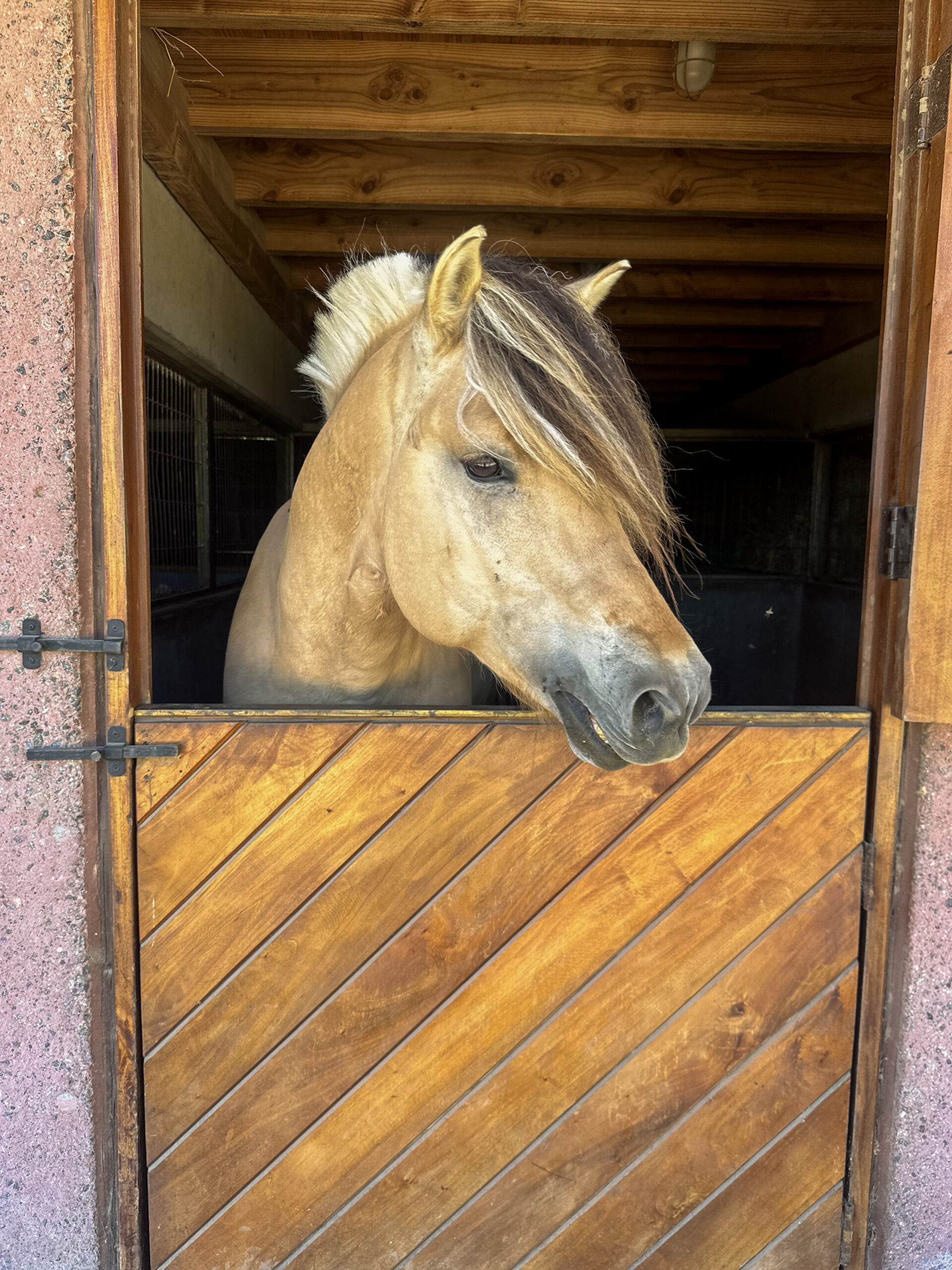
Courtesy of Lauren Mowery.
The Sip
Fine ripe tannins and bright acidity give structure to concentrated black fruits and cherries swaddling the brooding feral heart of this earthy Carignan. Grapes come from hundred-year-old vineyards in Maule’s dry-farmed, rain-fed Secano Costero (Coastal Dryland). Maybe the sense of vitality comes from biodynamic farming, maybe not, but it surges with life. This sip is a trip through the history and dirt of Maule.
Origin Story
Odfjell helped found a Chilean wine association called VIGNO, its acronym standing for Vignadores de Carignan. Producers in the group work collectively to save and promote dry-farmed, bush-trained heritage vineyards that have been revived in the Maule Secano region. After a disastrous earthquake in the 1940s, local growers in Maule decided to plant Carignan at scale. However, winemakers treated it as a workhorse grape meant to improve the region’s wines with its color and acidity. Not until the 1990s did a few producers recognize these low-yielding old vines as overlooked treasures that deserved to be vinified into serious wines.
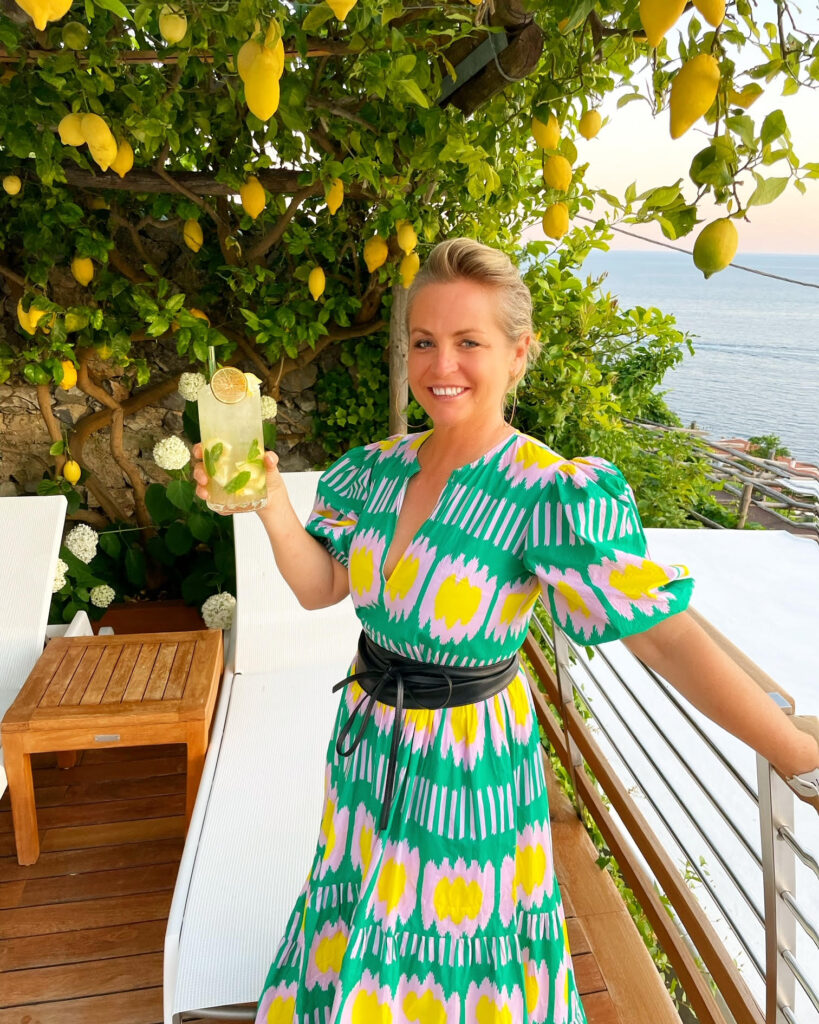
Founder and CEO of Azure Road, Lauren Mowery is a longtime wine, food, and travel writer. Mowery continues to serve on Decanter Magazine’s 12-strong US editorial team. Prior to joining Decanter, she spent five years as the travel editor at Wine Enthusiast. Mowery has earned accolades for her writing and photography, having contributed travel, drinks, food, and sustainability content to publications like Food & Wine, Forbes, Afar, The Independent, Saveur, Hemispheres, U.S. News & World Report, SCUBA Diving, Plate, Chef & Restaurant, Hotels Above Par, AAA, Fodors.com, Lonely Planet, USA Today, Men’s Journal, and Time Out, among others.
Pursuing her Master of Wine certification, she has also been a regular wine and spirits writer for Tasting Panel, Somm Journal, VinePair, Punch, and SevenFifty Daily. Mowery is a graduate of the University of Virginia and Fordham Law School, and she completed two wine harvests in South Africa.
Follow her on Instagram @AzureRoad and TikTok @AzureRoad
North Stars: Certifications, Heritage Value, Production & Consumption


